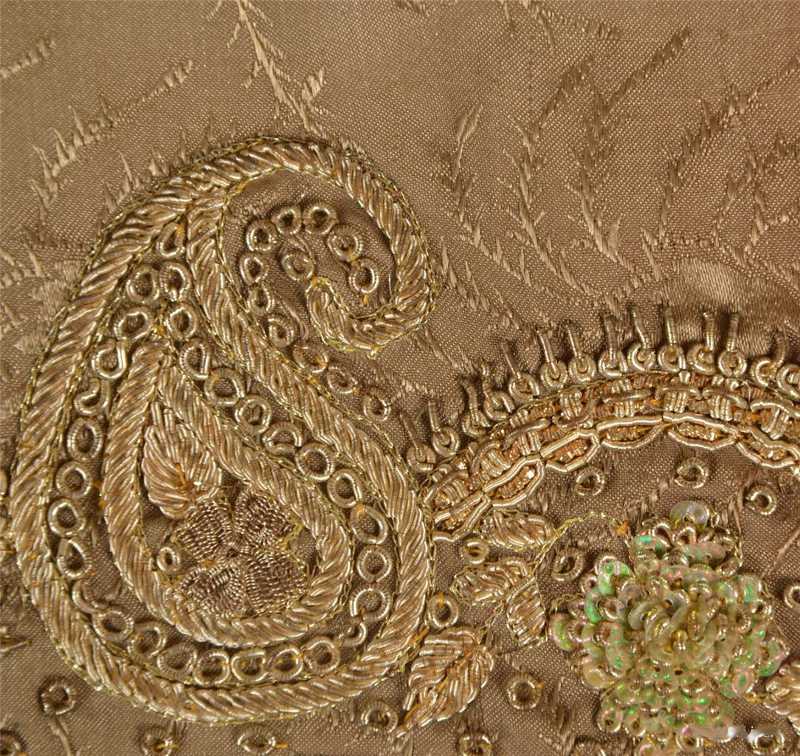===
0770,
7
===

=== |
 |
sāñjh : 'Evening, dusk, twilight'. (Platts p.628)
samān : 'Like, similar, equal, adequate, akin, alike, same, one, uniform'. (Platts p.672)
FWP:
SETS == IDIOMS; WORDPLAY
MOTIFS
NAMES
TERMS == FRESH WORD; IDIOMSWell, this is the kind of verse I find it hard to warm to. The evocation of two idioms at the same time is no doubt a fine feat, and even if ahl-e zabān like SRF can enjoy it more than we outsiders can, there's still no reason we can't learn to appreciate it. But a verse like this, so lacking in intellectual energy or 'meaning-creation', feels tiresome and trifling. The latter half of the second line is also annoying: 'only/emphatically that here equal/same is now'. It's not eloquent, flowing, meaningful, whatever; it feels like padding and fluff, a waste of a whole chunk of prime poetic real estate.
'I weep so many tears of blood that the pre-dawn sky looks like the sunset sky'-- well, what a yawn. It could almost be grotesque, except that it isn't plausible enough. We have to work hard to imagine something not easy to imagine, something that doesn't have a good physical correlative (because tears basically don't resemble sunlight in either appearance or behavior)-- and then we aren't even rewarded for it.
Compare this verse of Ghalib's, which takes a very similar line ('my passion mirrors the whole cosmos') but does reward us:
G{62,8}.
Ghalib's verse is immensely richer and more satisfying. It has action, it has 'dramaticness', it has a slyly enjoyable multivalence that's a treat in itself.